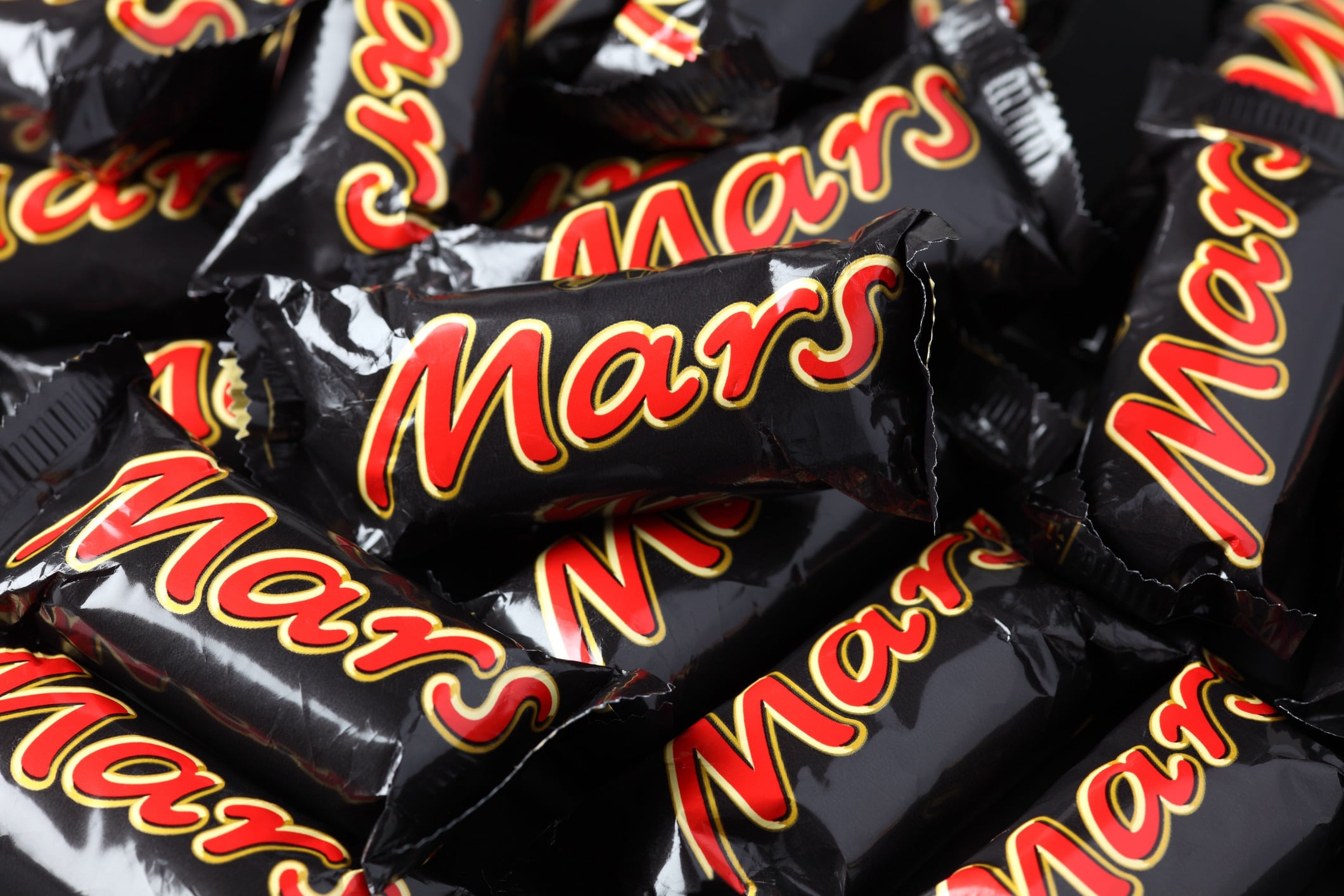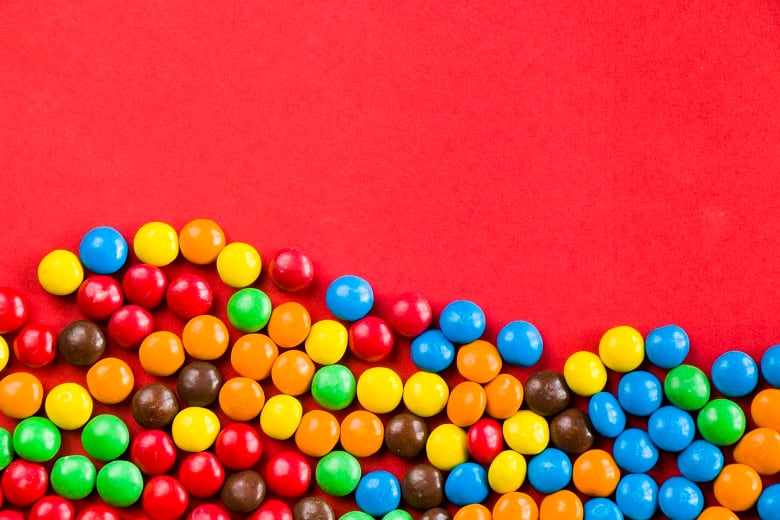Is the Mars-Kellanova merger still on hold? Summary
- European Commission confirms merger review remains paused due to missing data
- Mars must submit required information to restart EU approval process
- Deal worth $35.9bn faces strong competition concerns from EU regulators
- Acquisition could increase food prices and market dominance across Europe
Rumours started swirling late on Thursday (4 September) that the European Commission had “restarted the clock” on its approval of Mars’ proposed takeover of cereal and snack company Kellanova.
However, both Mars and the European Commission have confirmed that the clock remains stopped.
“The rumours about the clock being restarted are incorrect, and the deal remains on pause,” says Magnus Franklin, managing director of global advisory firm Teneo, which is supporting Mars on the EU merger investigation.
A spokesperson for the Commission also confirmed, “the clock is still stopped”.
Why was the clock stopped?
The European Commission “stopped the clock” on its October deadline to approve Mars’ proposed takeover of Kellanova, after it said Mars had failed to provide all of the required information.
“The ‘clock’ in merger investigations can be suspended if the parties fail to provide, in a timely fashion, an important piece of information that the Commission has requested from them (for its competition assessment) within a prescribed deadline,” explained a spokesperson for the Commission. “Once the missing information is supplied by the parties, the clock is restarted and the legal deadline for the Commission’s decision is then adjusted accordingly.”
Mars-Kellanova merger
The deal, worth $35.9bn (€30.59bn) was first announced in August 2024, and slated to close in the first half of 2025.
And though it sailed through the approval systems in the United States, with the US Federal Trade Commission (FTC) concluding it does not pose a threat to market competition, it’s faced strong opposition in Europe.
Known for big-name brands including Snickers, Maltesers and Galaxy, Mars is already a giant in the snacking sector. But the pending acquisition of Kellanova, home to consumer favourites such as Pringles and Pop Tarts, would take the multinational to new levels of dominance.
And it’s this which is cause for concern to European regulators.
Competition concerns
The European Commission announced that it would launch an in-depth probe into the proposed acquisition, back in June.
“By acquiring Kellanova, Mars will add several very popular brands of potato chips and cereals to its already broad and strong product portfolio,” said Teresa Ribera, executive vice-president for clean, just and competitive transition at the European Commission, when the investigation was announced. “As inflation-hit food prices remain high across Europe, it is essential to ensure that this acquisition does not further drive up the cost of shopping baskets.”
The Commission’s inquiry requires Mars to provide certain information to reassure regulators that competition within the sector would not be threatened.
If approved, the all-cash deal would become one of the biggest food industry acquisitions in history.




